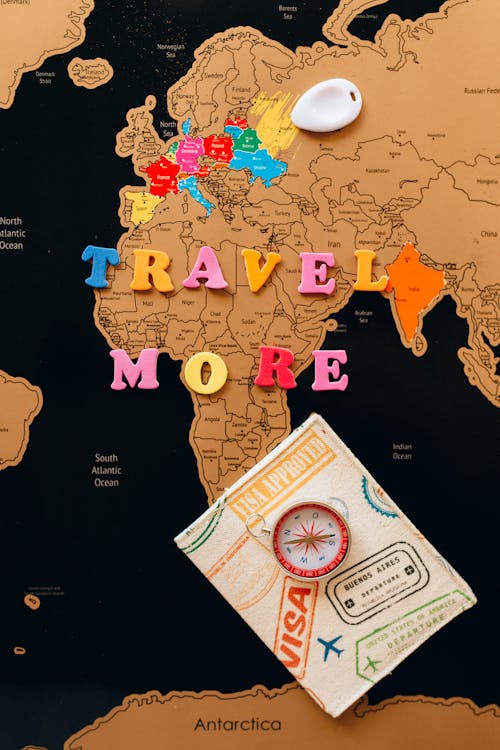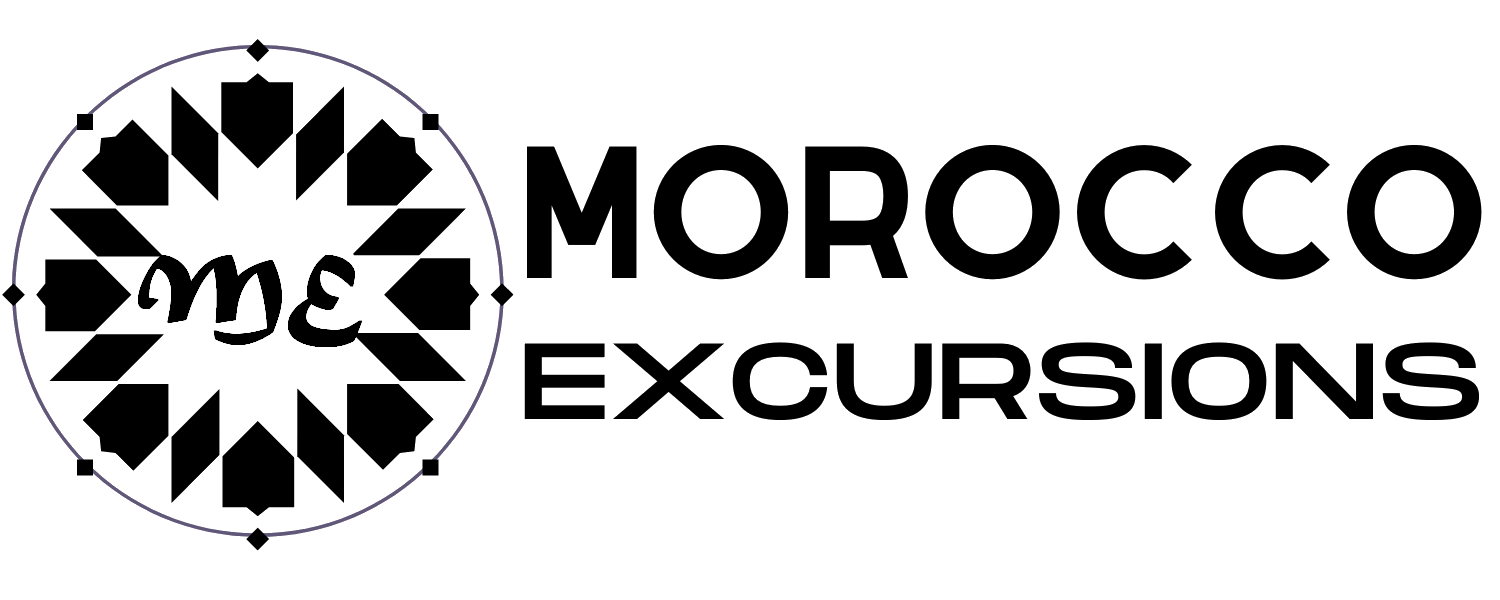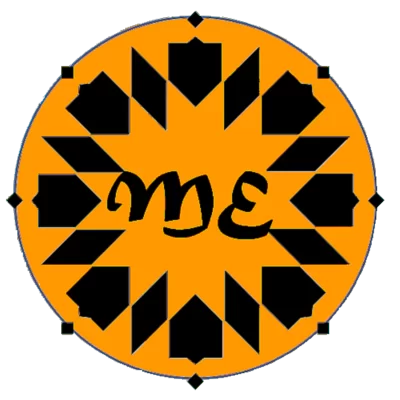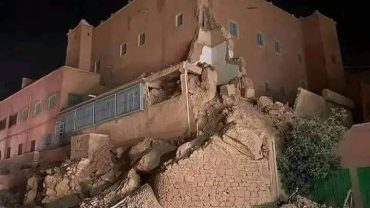Traveling to new destinations is an exciting prospect, but sometimes navigating the logistics can be a bit overwhelming. If you’re considering Morocco as your next travel destination, one of the questions that might come to mind is whether you need a visa to enter the country. The answer can vary based on your nationality and the purpose of your visit. In this article, we’ll break down the visa requirements for Morocco, helping you understand what’s required before you embark on your North African adventure.
The good news is that Morocco offers visa-free travel to citizens of numerous countries. These travelers can stay in Morocco for varying durations without obtaining a visa in advance. The typical length of stay allowed for visa-free travelers is up to 90 days, but it’s crucial to check with Moroccan authorities or your country’s embassy for the most up-to-date and accurate information.

Visa on Arrival
For some nationalities that aren’t eligible for visa-free travel, Morocco allows visitors to obtain a visa upon arrival at its international airports and major border crossings. This is especially convenient for travelers who might not have the time or opportunity to secure a visa before their trip. However, it’s important to note that not all countries are eligible for this option, and the terms and conditions can vary. The visa on arrival typically grants a shorter stay than the visa-free option, often around 15 to 30 days.
Advance Visa Application
If you’re not a citizen of a visa-free country or you’re planning an extended stay in Morocco, you’ll likely need to apply for a visa in advance through the Moroccan embassy or consulate in your home country. This process usually involves submitting an application form, supporting documents such as a valid passport, passport-sized photos, proof of accommodation, and a Morocco tour plan from a local Moroccan travel agency. The visa application process might take some time, so it’s advisable to begin the process well in advance of your intended travel dates.
Types of Visas
Morocco offers various types of visas depending on the purpose of your visit. These include:
1. **Tourist Visa**: This is the most common type of visa for travelers. It’s suitable for those who are visiting Morocco for leisure, sightseeing, or family visits.
2. **Business Visa**: If you’re planning to attend business meetings, conferences, or engage in commercial activities, a business visa is the appropriate choice.
3. **Student Visa**: Students pursuing education in Morocco need to apply for a student visa. This requires proof of enrollment in an educational institution in the country.
4. **Work Visa**: If you’re planning to work in Morocco, you’ll need a work visa. This usually requires sponsorship from a Moroccan employer.
Tips for a Smooth Visa Application Process
1. **Check Requirements Early**: Carefully review the visa requirements for your specific nationality and purpose of travel as early as possible. The requirements can change, so it’s best to verify the most up-to-date information.
2. **Complete Forms Accurately**: Ensure that you fill out all required forms accurately and honestly. Mistakes or discrepancies can lead to delays or rejections.
3. **Collect Necessary Documents**: Gather all necessary documents, including passport photos, a valid passport with sufficient blank pages, and any supporting documents required for your visa type.
4. **Start Early**: Begin the visa application process well in advance of your travel dates to account for processing times and potential delays.
5. **Follow Instructions**: Pay close attention to the instructions provided by the Moroccan embassy or consulate. Different consulates might have slight variations in their requirements.
Passport:
Before traveling to Morocco, you must have a passport that is valid for the duration of your stay. You should also verify that your passport is stamped as you enter the country.
Visa Free:
The following is a list of the 71 countries that do not require a visa to enter Morocco.
- Algeria
- Andorra
- Argentina
- Australia
- Austria
- Bahrain
- Belgium
- Brazil
- Bulgaria
- Canada
- Chile
- China
- Congo
- Croatia
- Cyprus
- Czech Republic
- Denmark
- Estonia
- Finland
- France
- Gabon
- Germany
- Greece
- Guinea
- Hong Kong (30 days stay limit)
- Hungary (a stay limited to 30 days)
- Iceland
- Indonesia
- Ireland
- Italy
- Ivory Coast
- Japan
- Kuwait
- Latvia
- Liechtenstein
- Lithuania
- Luxembourg
- Macau
- Malaysia
- Mali
- Malta
- Mexico
- Monaco
- Netherlands
- New Zealand
- Niger,
- Norway
- Oman
- Peru
- Philippines
- Poland
- Portugal
- Puerto Rico
- Qatar
- Romania
- Russia
- San Marino
- Saudi Arabia
- Senegal
- Singapore
- Slovakia
- Slovenia
- South Korea
- Spain
- Sweden
- Switzerland
- Tunisia
- Turkey
- The United Arab Emirates
- The United Kingdom
- The United States of America.
Note:
If you want to stay in Morocco for more than 90 days, you must obtain resident permission, which may be obtained from the police department in the city where you will be residing.
Nationals whose countries are not listed in the chart should contact the embassy to inquire about visa requirements.





Comment (0)